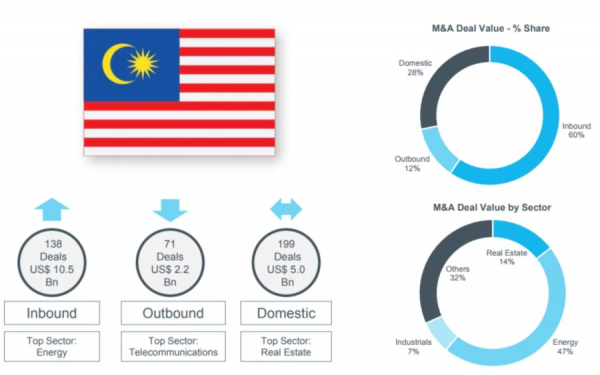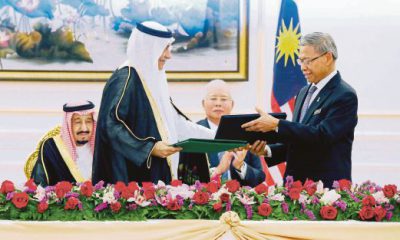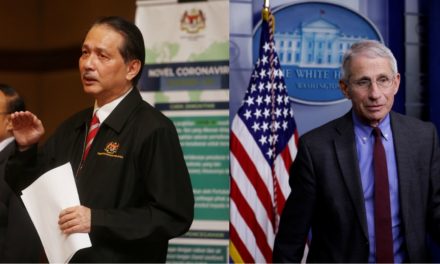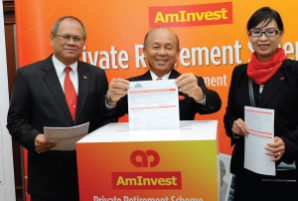Malaysians now enjoying much higher living standard
Malaysians are now enjoying a much higher standard of living than before, said Economics, Institute of Strategic and International Studies (ISIS) said. Malaysians were slowly substituting to buy foreign vehicles rather than the national car, besides spending less on groceries and instead prefering to eat out as highlighted in the 2016 Household Expenditure Survey. The sales of mid-range foreign car brands, such as Honda, Ford, Mazda and Subaru registered a higher annual growth rate since 2009 than local automotive champion, Perodua, while goods spent via a popular online trade platform registered sales over RM100mil on Nov 11 (Single’s Day) alone. Malaysia is also the biggest online game market in South East Asia where about RM2.45bil was spent in the past 10 months. (The Star Online)
MP: Mayor confirmed RM1mil condo ban not implemented in KL
The Kuala Lumpur mayor has confirmed that a recently-announced government ban on new condominiums or office properties with units worth over RM1 million will not apply to the city, said a lawmaker. Segambut MP Lim Lip Eng said he had asked the mayor regarding the Cabinet’s decision to freeze luxury property developments from November 1. “Mayor basically said no, it’s not possible especially in Golden Triangle area. So they will discuss, they will come up with their suggestion and make a suggestion to Finance Ministry,” he said, adding that the proposal could be for the ban to apply only to certain parts of Kuala Lumpur. (Malay Mail Online)
Malaysia still in negotiations for Bandar Malaysia’s master developer
Malaysia is still in negotiations for a master developer for its ambitious Bandar Malaysia project, which is set to house a terminus for the Kuala Lumpur – Singapore High Speed Rail (HSR) once the rail operations commence in 2026. Malaysia said it was accepting proposals for a new master developer from July 5 after terminating a US$1.7 billion deal in May with a China Railway consortium to develop the major property project. (Channel NewsAsia)
Earnings growth seen in Sime Darby Property’s land bank
Sime Darby Property Bhd is a prominent property developer with the largest land bank in Malaysia as at Sept 2017. Currently, it owns about 20,763 acres (8,402.5ha) of land bank which has an estimated remaining GDV of RM100.4 billion. The land bank is strategically connected to major highways and located mainly within key growth areas and economic corridors. (The Edge Markets)
Umno delegates want more flexible house financing packages
Government-linked companies (GLCs) involved in the construction of affordable housing projects should provide more flexible financing packages to the Bumiputera, especially the first-time house buyers, said a Perak Umno representative. The financing packages should not only provide reasonable price for the houses, but should also look into the repayment period. Another Umno division chief said the government should come up with a mechanism on the price of affordable houses. (Malay Mail Online)
Malaysia sees five-year high deals in M&A, PE/VC and IPO
Malaysia has seen a strong momentum in deal activity with total deals in mergers and acquisitions (M&A), private equity (PE)/venture capital (VC) and initial public offering valued at US$20.3 billion in 2017. According to global valuation and corporate finance advisor Duff & Phelps, this is higher than the US$15.6 billion deals recorded in 2016 and the highest deal value recorded in the last five years. The energy sector in Malaysia continues to witness high deal value activity for inbound M&A for Malaysia, with real estate being the top sector for domestic M&A. (NST Online)

Image from NST
Malaysia targets 80% EEV penetration by 2022
The penetration of energy-efficient vehicles (EEVs) in the country is expected to reach 80% of total industry volume (TIV) by 2022. This is in line with the National Automotive Policy (NAP) 2014 to make Malaysia a regional EEV hub by 2022. The NAP has placed emphasis on green initiatives, with the ultimate objective of establishing Malaysia as a regional EEV hub. The EEV penetration in Malaysia was expected to be ramped up to as much as 50% of TIV by end of 2017, after hitting 42.8% last year. (NST Online)





